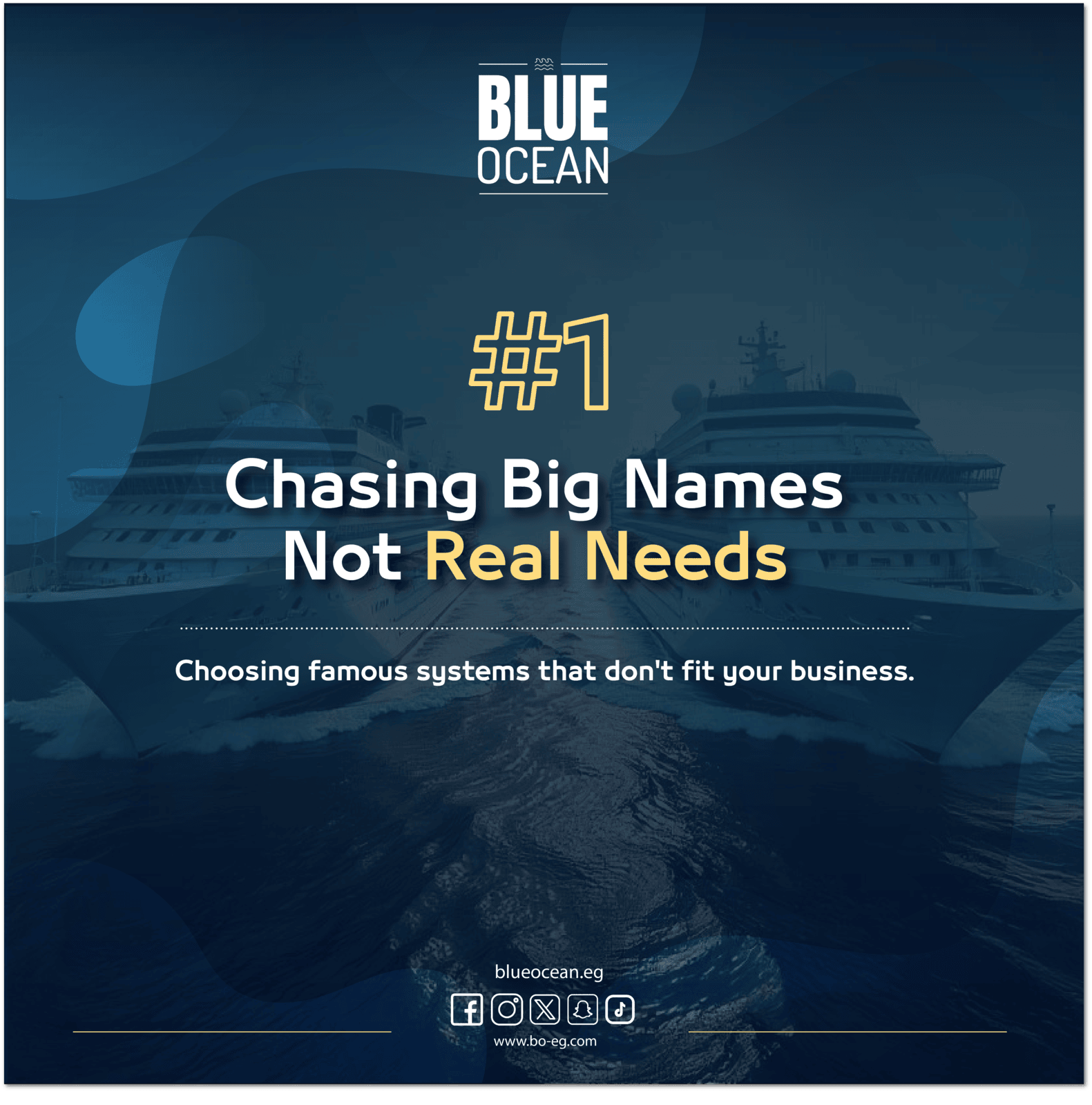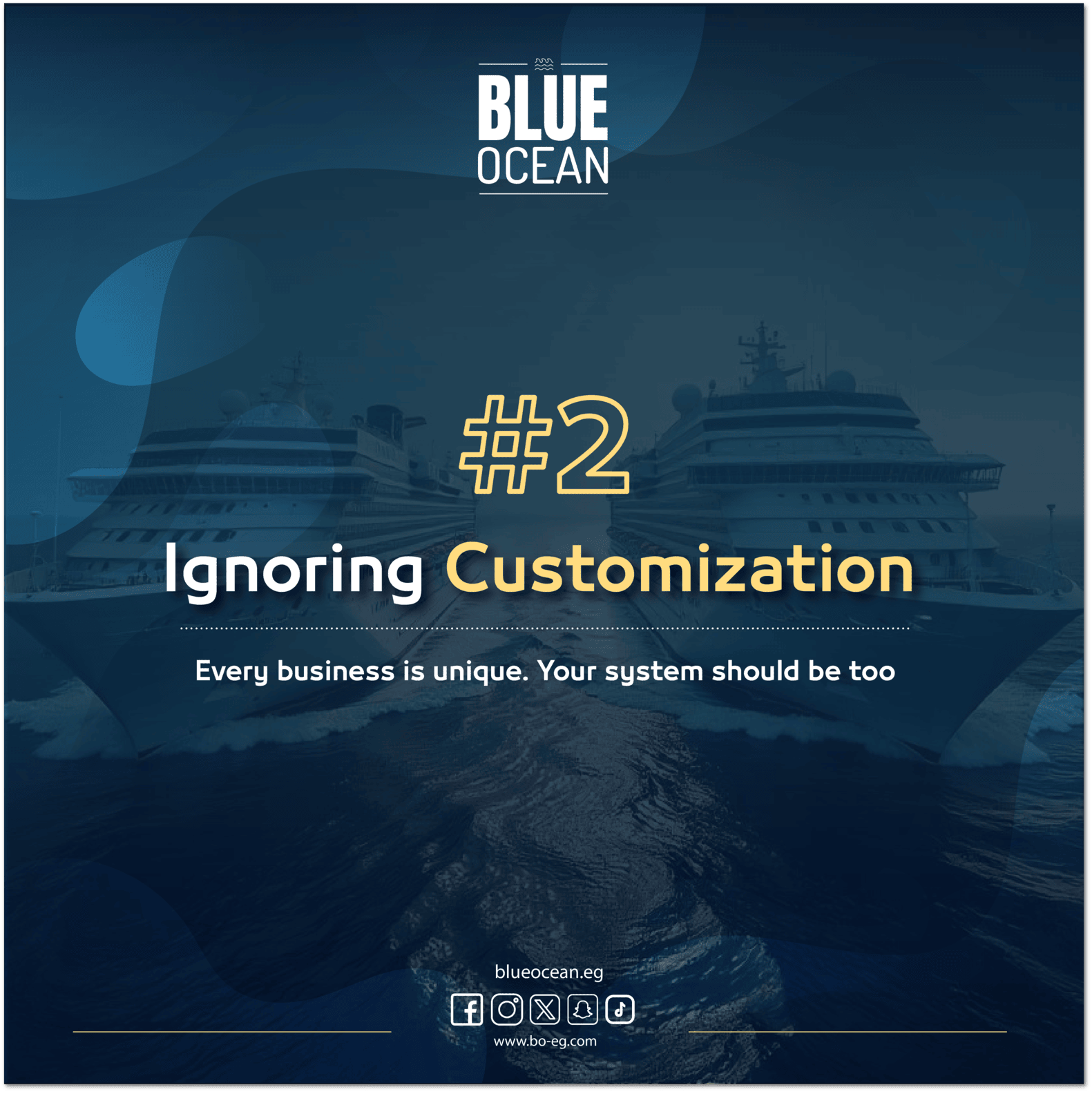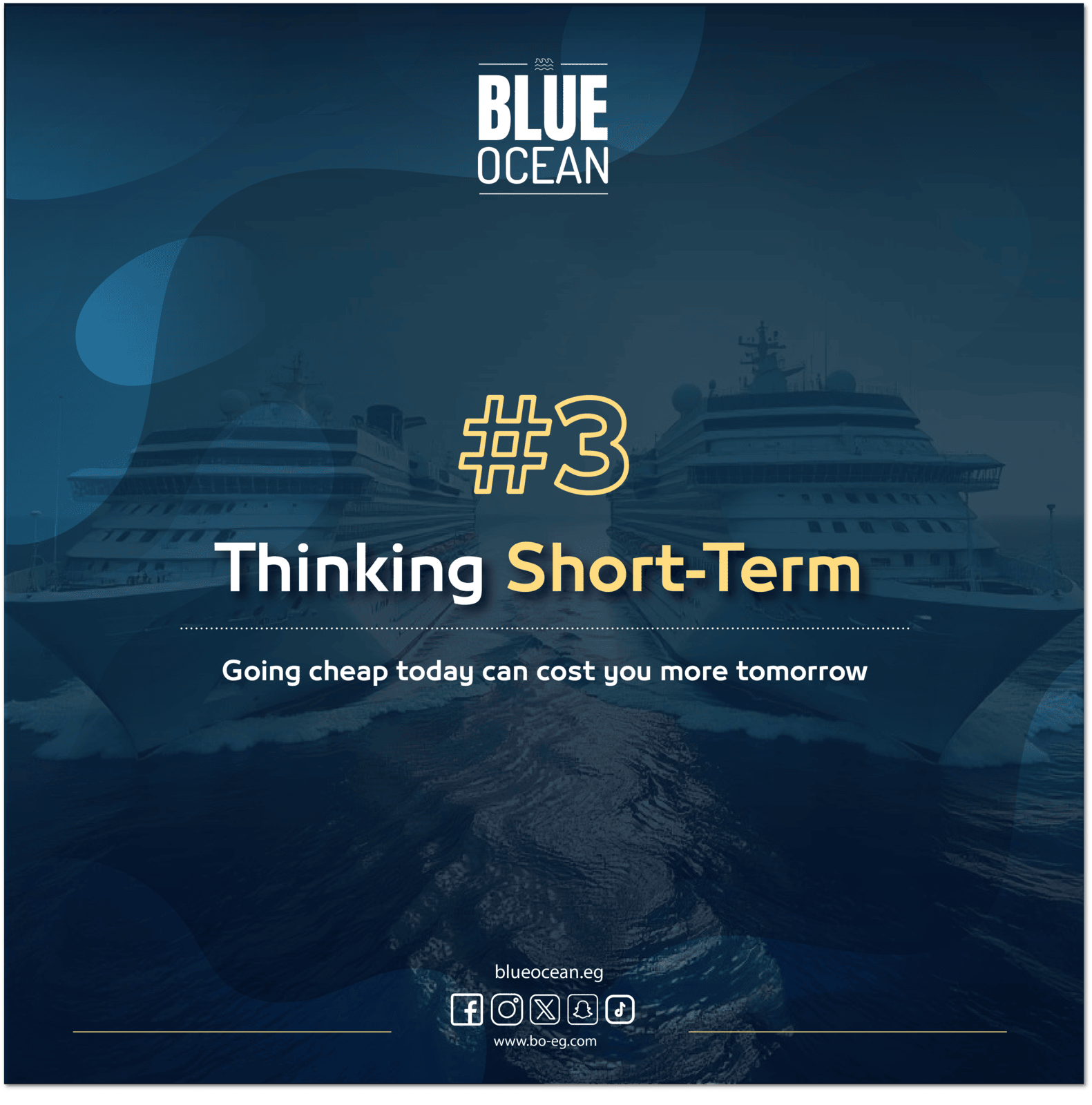Top 3 Mistakes SMEs Make When Choosing a Business System .. and How to Avoid Them
For many small and medium-sized enterprises (SMEs), choosing a business management system — whether it’s ERP, CRM, or something else — is a big decision. Unfortunately, it’s also a decision that’s often rushed, misinformed, or influenced by hype.
Here are the top 3 mistakes SMEs make when selecting a system, and how to make a smarter choice:

1. Chasing Big Names Instead of Real Needs
A lot of SMEs fall into the trap of thinking:
“If it's used by big companies, it must be good for us too.”
While big-name systems might be feature-rich and well-known, they’re not always the right fit for smaller businesses. These systems often come with:
Complex interfaces that require heavy training
Expensive licensing fees
Features you’ll never use
Lack of flexibility for your specific workflows
✅ What to do instead:
Focus on your needs, not brand names. Evaluate whether the system supports your actual day-to-day operations, and whether your team can use it comfortably without a steep learning curve.

2. Ignoring the Importance of Customization
No two businesses are exactly alike — and your system shouldn’t assume they are.
Many off-the-shelf systems offer fixed modules with little room for customization. The result?
You either force your team to adapt to the software, or you keep using Excel on the side — defeating the purpose of the system entirely.
✅ What to do instead:
Choose a platform that allows flexibility and full customization. Whether it’s adjusting workflows, forms, or dashboards, your business system should feel like a tailored suit — not one-size-fits-all.
Look for providers that understand your business model and can offer custom development or configuration, not just plug-and-play features.

3. Thinking Short-Term Instead of Long-Term
Trying to save money by choosing the cheapest option is tempting — especially for growing businesses. But this can backfire badly.
Cheap systems often come with hidden costs:
Limited scalability
No support or upgrades
Incompatibility with future tools
Replacing it within a year or two
✅ What to do instead:
View your system as an investment, not an expense. A scalable, customizable solution might cost a little more upfront, but it will save you time, resources, and headaches in the long run.
Remember: the right system should grow with you, not hold you back.
Final Thoughts
Your business system should be a tool for growth — not a burden.
By avoiding these common mistakes, you can choose a platform that:
Matches your real needs
Adapts to how you work
Supports your long-term goals
And if you’re unsure where to start?
Seek expert consultation — not every ERP or business system is created equal, but there is one that’s made for you.

